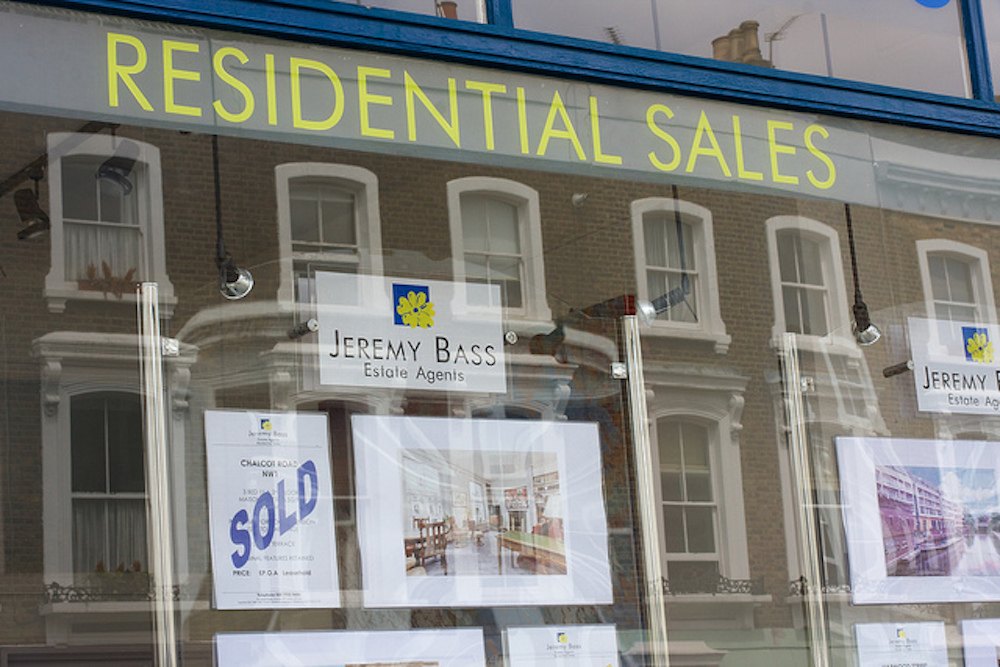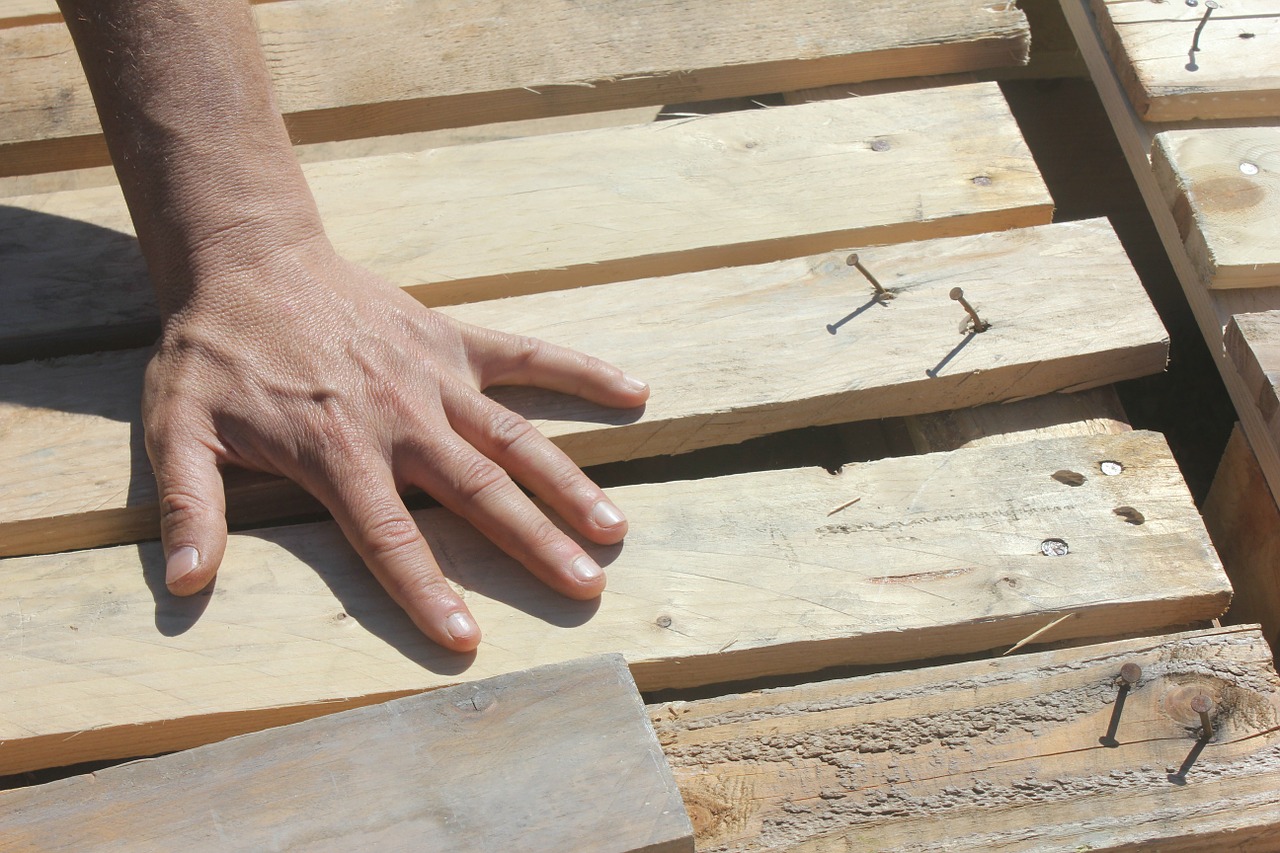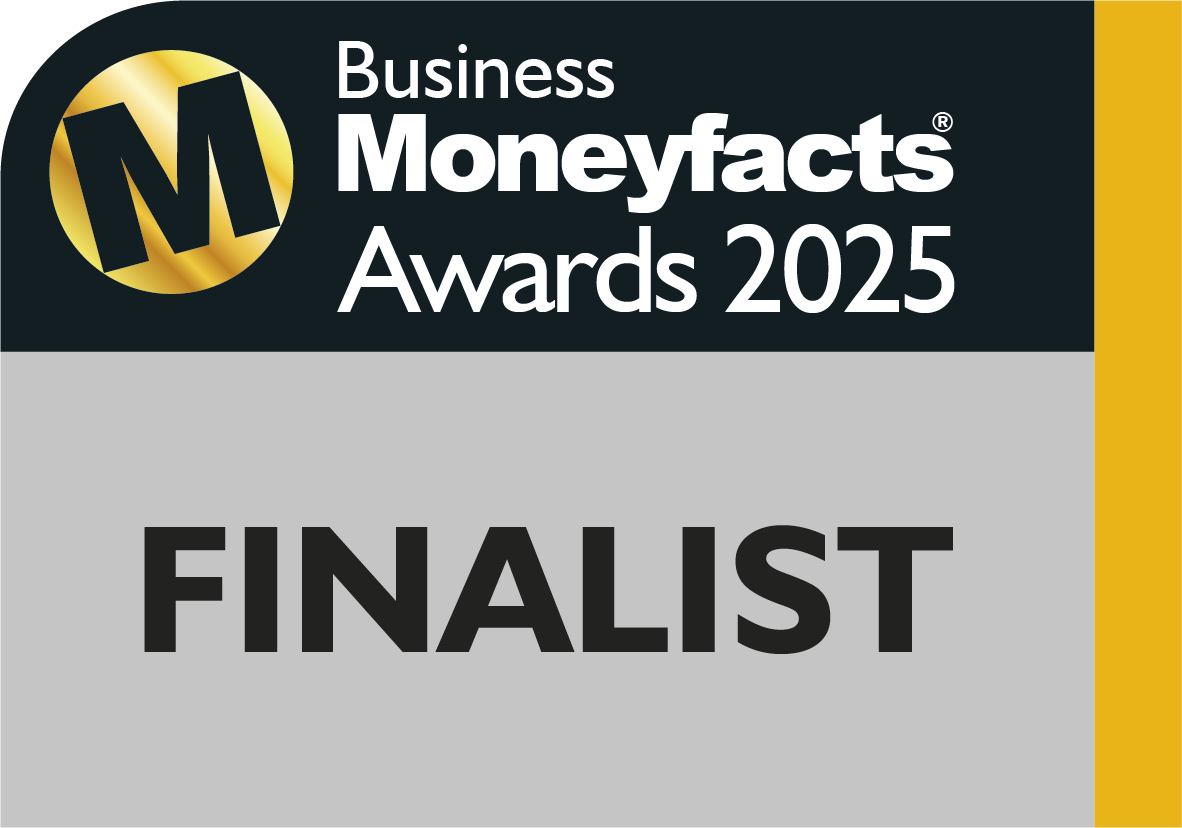April 23rd, 2015.
A Guide to Buying Repossessions for Investment
A repossessed property usually enters the market as a result of the owner defaulting on mortgage payments and falling into arrears. Once this happens, the mortgage lender can then take possession of said property and sell it in order to recoup the money they originally loaned the owner. Understandably, it’s in their interest to do this as quickly as possible.
While mortgage lenders are legally obliged to seek the best possible price for repossessed properties in order to serve the interests of the previous owners, they rarely do anything to prepare them for sale so they’re often sold ‘as is’. It’s for this reason, as well as the mortgage lenders’ desire for a quick sale, that repossessed properties are often priced below market value (sometimes by as much as 30%) and have the potential to be extremely smart investments.
Despite the potential to grab a bargain, repossessed properties should never be purchased on a whim. To stand any chance of profiting from a repossession, it’s vital to take a careful, considered approach.
Buying a Repossessed Property
Through an Estate Agent

(Image: Richard Leeming under CC BY 2.0)
Many repossessed properties are initially marketed by estate agents. However, they don’t have to mention that the property is repossessed in the particulars, so the best way to find out if an agent is marketing any repossessions is to ask.
The process of buying a repossessed property through an estate agent is similar to that of any other property, however there are some things that should be taken into consideration. As the seller has never lived in the property, it is likely that there’ll be less information available surrounding its condition. Beware hidden defects that meant the original owner was unable to sell the property themselves before it was repossessed. Even if estate agents are aware of critical issues, they may not inform potential buyers immediately as it’s in their interest to secure as many viewings as possible. Always be sure to thoroughly assess the extent of the work necessary to prepare a property for resale and factor it into overall costs.
For more information on avoiding property development disasters, take a look at our recent blog post.
When buying a repossessed property through an estate agent, it’s essential to remember that in most cases they will not be taken off the market even after an offer has been accepted. As lenders are obliged to get the best price possible, they will accept a higher offer if one is made even after surveys and legal work have been paid for. Speed is of the essence, so emphasise that you will make every effort to complete quickly, and be sure to use a solicitor who will push things forward as quickly as possible.
Before even considering an offer on a repossessed house, sellers will always want to see proof of funds. It helps, therefore, to be a cash buyer, or at the very least to have the funding already in place.
Remember: Pure Commercial Finance can arrange an excellent deal on property development finance for both experienced developers and those taking on projects for the first time.
At Auction

Whilst it is possible to buy a repossessed property through an estate agent, lenders often sell repossessed homes at auction. There are many advantages to doing this, as by selling at auction lenders can usually achieve a quick sale at a guaranteed minimum price. This is due to the fact that a contract of sale at auction must be completed within 20 working days of the auction date.
As speed is such an important factor when buying at auction, once one has been won the deposit must be paid immediately. It’s therefore vital that finances are arranged before or straight after heading into the auction hall, as if unexpected delays occur, the win will default and your deposit will be lost. Never assume that a mortgage will be easy to obtain, and if delays do become a problem, bridging loans can help you access finance quickly.
Before taking the plunge, attend at least a few auctions to get an idea of what the process involves, and read ourcomplete guide to property auctions for further information. One of the key things to consider when buying at auction is that these properties can attract a lot of attention, which can drive up prices. Don’t get carried away and bid more than you can afford.
Also, similarly to when purchasing any property, it’s vital to get a thorough survey before making any bids on a property as buying at auction is legally binding. As well as typical issues, other more specific things to look out for when considering purchasing a repossession include:
Reconnection costs
In some cases, gas, electricity and telephone services will have been disconnected and paying to get them reinstated can be costly. Also, the seller will often have no idea who the suppliers are, so finding this out may also take considerable effort on the part of the investor.
Japanese Knotweed
Japanese Knotweed has become increasingly problematic in the UK. At its most prolific it can grow up to 20cm a day, and can even grow through concrete and tarmac. It’s notoriously difficult and expensive to get rid of, and can leave a property unmortgageable.
Vandalism
Due to the way in which repossessed properties enter the market, they are sometimes subject to vandalism by previous owners unhappy with being evicted from their home. Examples include removing bathroom fittings, copper piping and boilers, and even sabotaging wiring or water tanks.
Remember: Whilst a survey is vital, it may not reveal all potential issues so build a contingency fund into your budget.
For a list of Britain’s best property auction sites, please see our recent post.
Refurbishing a Repossession

Once you’ve purchased a repossession for investment, whilst the adage that you make your money when you buy rather than when you sell is true, it’s important to be careful when it comes to refurbishment. So don’t cut corners, and always use reliable contractors.
According to Channel 4’s Restoration Man, George Clarke, it’s a good idea to draw up a written agreement regarding how long projects will take and what it will cost, then keep back five per cent until snagging work is complete to ensure it gets done.
Remember, refurbishing a property to let or sell is about what others like rather than catering to your own tastes. It’s your job to create a space that someone can make their own. High quality refurbishment will help you do this, and cut down on long-term maintenance costs and attract higher quality tenants if you’re letting the property.
Read more: Seven Habits of The Extremely Unsuccessful Property Developer
Pure Property Finance
If you’re interested in buying a repossessed property, Pure Property Finance could help. When making a quick purchase is necessary, we can arrange bridging finance to suit your needs.






